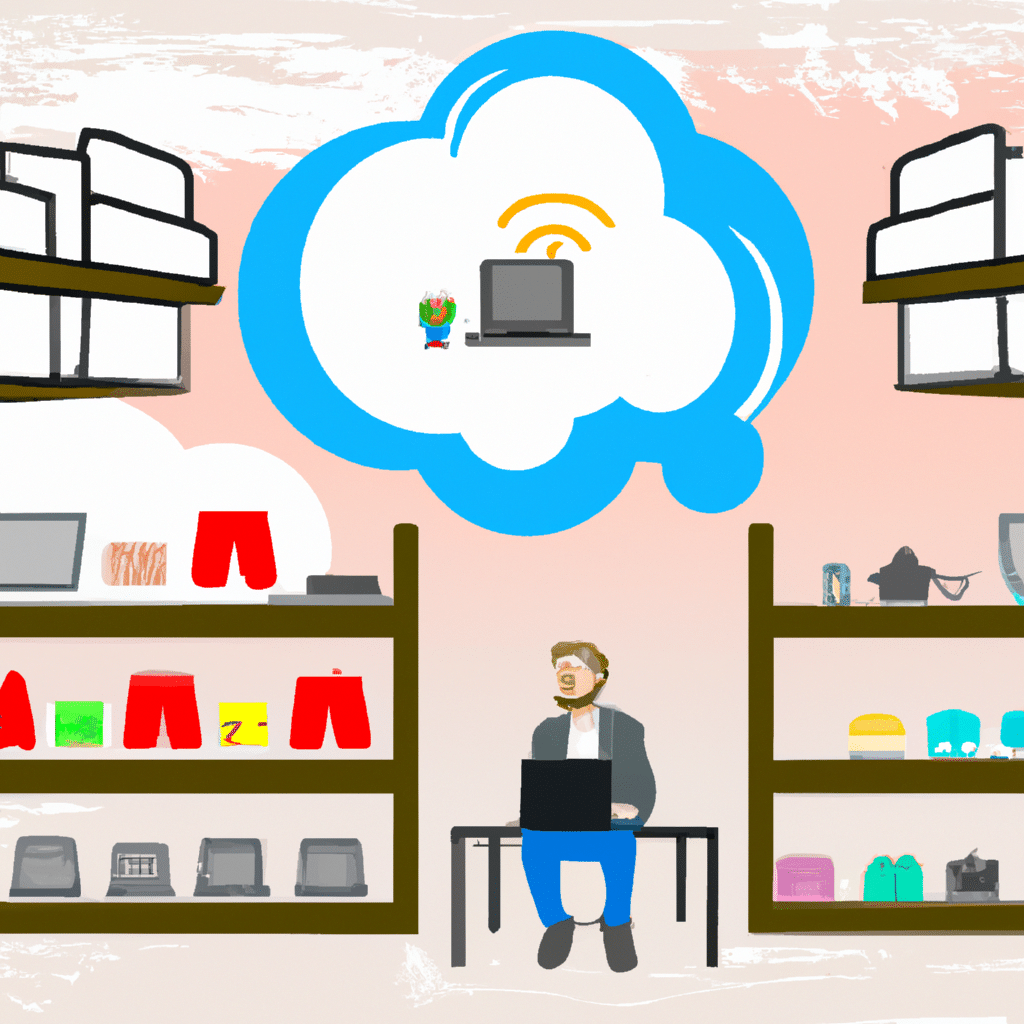As a small business owner, keeping track of inventory can be a daunting task. With so many moving parts and variables, it can be difficult to maintain accurate records and stay on top of stock levels. This is where cloud-based inventory management comes in. In this article, we’ll explore the pros and cons of using cloud-based inventory management for small businesses.
What is Cloud-Based Inventory Management?
Cloud-based inventory management is a system that allows businesses to manage their inventory using software that is hosted on remote servers. This means that all of the data related to inventory management is stored in the cloud, rather than on the business’s own servers.
The Pros of Cloud-Based Inventory Management
1. Increased Accessibility and Flexibility
One of the biggest advantages of cloud-based inventory management is that it is accessible from anywhere with an internet connection. This means that business owners can easily manage their inventory from remote locations, or even from home. Additionally, cloud-based inventory management systems are often very flexible, allowing businesses to scale up or down as needed.
2. Real-Time Inventory Tracking
Another major advantage of cloud-based inventory management is that it allows for real-time tracking of inventory levels. This means that businesses can quickly and easily see how much inventory they have on hand, and can make informed decisions about when to reorder products.
3. Reduced Costs
Cloud-based inventory management systems can be more cost-effective than traditional inventory management systems. This is because businesses don’t need to invest in expensive hardware or software, and can instead pay for a subscription to a cloud-based inventory management service.
4. Increased Efficiency
Cloud-based inventory management systems can help businesses to be more efficient by automating many of the processes involved in inventory management. For example, some systems can automatically reorder products when inventory levels reach a certain threshold, or can send alerts when inventory levels are running low.
The Cons of Cloud-Based Inventory Management
1. Internet Connectivity Issues
One of the biggest potential downsides of cloud-based inventory management is that it relies on internet connectivity. If a business’s internet connection goes down, they may not be able to access their inventory management system.
2. Data Security Concerns
Another potential issue with cloud-based inventory management is data security. Because all of the data related to inventory management is stored in the cloud, there is a risk that it could be compromised if the cloud provider’s security measures are not up to par.
3. Lack of Customization
Some businesses may find that cloud-based inventory management systems are not customizable enough to meet their specific needs. This could lead to frustration and inefficiency.
4. Subscription Costs
While cloud-based inventory management systems can be more cost-effective than traditional systems, they still require a subscription fee. This can be a burden for small businesses with tight budgets.
Conclusion
Overall, cloud-based inventory management can be a great solution for small businesses looking to streamline their inventory management processes. However, it is important to weigh the pros and cons carefully before making a decision. By considering factors such as internet connectivity, data security, customization, and subscription costs, businesses can make an informed decision about whether cloud-based inventory management is right for them.













